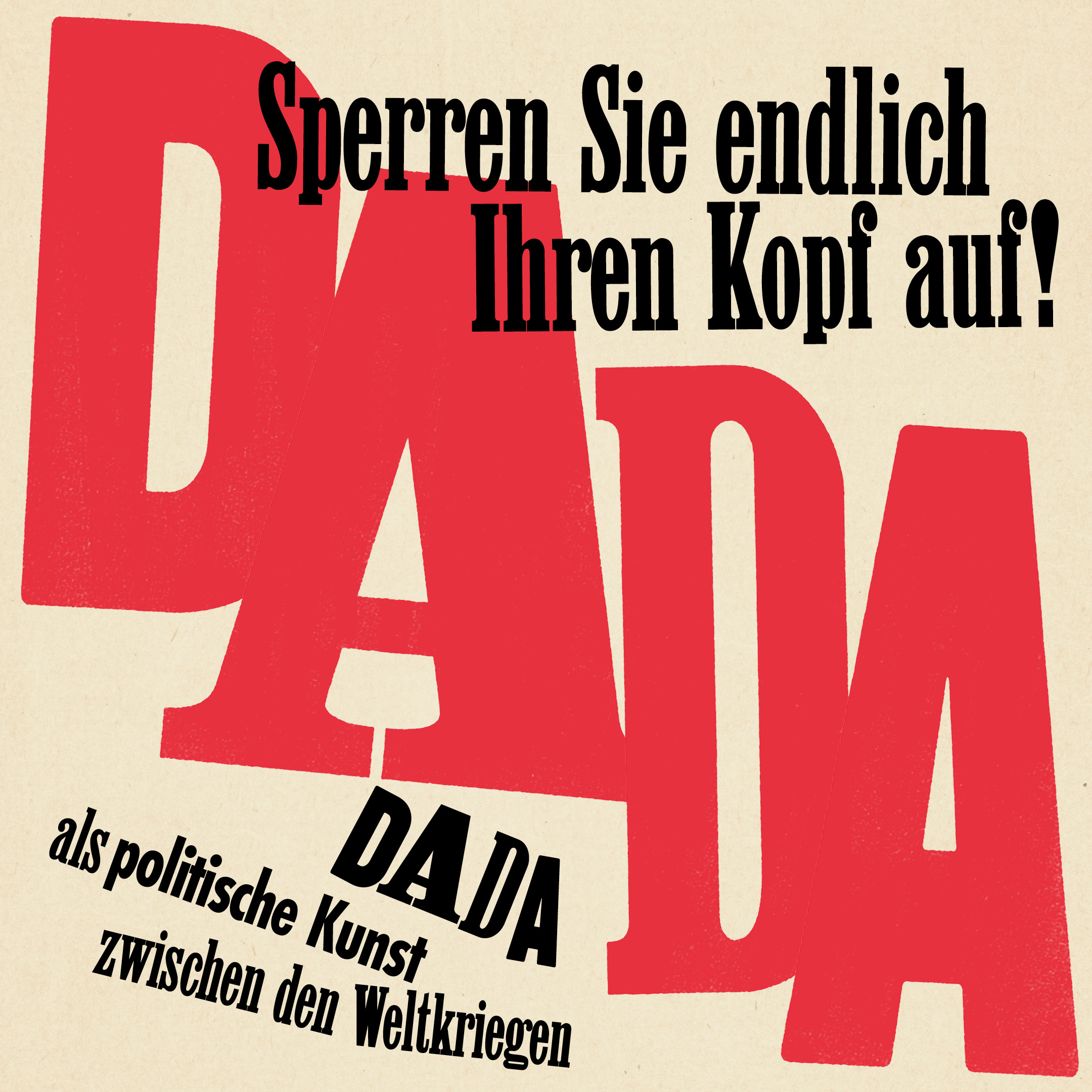



Wuppertaler Str. 160
42653 Solingen

Opening hours
Tuesday - Sunday,
10 am - 5 pm
Admission
Adults: €9
Reduced: €4,50
up to 18 years: free admission
Opening hours
Tuesday - Sunday,
10 am - 5 pm
Admission
Adults: €9
Reduced: €4,50
up to 18 years: free admission
The Center for Persecuted Arts is a museum of discovery, dedicated exclusively to artists whose works and opportunities for development were blocked, prevented, and partially destroyed by the dictatorships of the last century and by totalitarian regimes up to the present day. It is an interdisciplinary museum, and its collection of visual art and literature tells of lost and neglected works of art, stories, and fates.
Temporary Exhibitions
Temporary Exhibitions
Currently there are no planned temporary exhibitions in English.
Future Temporary Exhibitions
Temporary Exhibition
%20Krak%C3%B3w%201914_s.jpg)
4/9/26
–
5/3/26
„Marian Ruzamski – The Art of Remembrance“ in Poland
Exhibition at the Palace of Art in Krakow
The artistic work of Marian Ruzamski almost vanished from collective memory in the catastrophe of the 20th century, but is now experiencing a remarkable comeback. A century after his last appearance in Krakow, the artist is once again being honored at the Palace of Art. More than 130 artworks from all phases of Ruzamski's career are on display here, following their initial presentation in Solingen: from his earliest drawings from his art studies at the Academy of Fine Arts in Krakow, through works created during his captivity in the First World War, works from the interwar period, to the harrowing portraits Ruzamski created in the camp infirmary of the Auschwitz concentration camp – the so-called "Auschwitz Portfolio."

To the exhibition
Temporary Exhibition

5/9/26
–
9/13/26
"Open your minds at last!"
Dada as political art between the world wars
Anti-bourgeois, anarchist, and pacifist, Dada, with its sharp eye and biting satire, offered social criticism, questioning prevailing values as well as political and social conditions and dynamics, especially those that had led to the catastrophe of the First World War. To mark its 110th anniversary, “Open your minds at last!” celebrates the Dada art movement and demonstrates the continued relevance of its political engagement.

To the exhibition
Temporary Exhibition

10/8/26
–
11/8/26
Lifelines. Walking across borders
An arts project by Hanna Melnykova
In the summer of 2025, Ukrainian photographic artist Hanna Melnykova walked from Germany to Ukraine, documenting her "performative walk" through photography. The exhibition shows her artistic exploration of migration, resilience, cultural connection within the current geopolitical landscape. The symbolic meaning of this walk: representing life itself. The route mapped for the project illustrates borders between nations, embodying the divide between past and future, as well as personal and collective transformation.

To the exhibition
%20Krak%C3%B3w%201914_s.jpg)
4/9/26
–
5/3/26
Heading
:
„Marian Ruzamski – The Art of Remembrance“ in Poland
Exhibition at the Palace of Art in Krakow
The artistic work of Marian Ruzamski almost vanished from collective memory in the catastrophe of the 20th century, but is now experiencing a remarkable comeback. A century after his last appearance in Krakow, the artist is once again being honored at the Palace of Art. More than 130 artworks from all phases of Ruzamski's career are on display here, following their initial presentation in Solingen: from his earliest drawings from his art studies at the Academy of Fine Arts in Krakow, through works created during his captivity in the First World War, works from the interwar period, to the harrowing portraits Ruzamski created in the camp infirmary of the Auschwitz concentration camp – the so-called "Auschwitz Portfolio."

To the exhibition

5/9/26
–
9/13/26
Heading
:
"Open your minds at last!"
Dada as political art between the world wars
Anti-bourgeois, anarchist, and pacifist, Dada, with its sharp eye and biting satire, offered social criticism, questioning prevailing values as well as political and social conditions and dynamics, especially those that had led to the catastrophe of the First World War. To mark its 110th anniversary, “Open your minds at last!” celebrates the Dada art movement and demonstrates the continued relevance of its political engagement.

To the exhibition

10/8/26
–
11/8/26
Heading
:
Lifelines. Walking across borders
An arts project by Hanna Melnykova
In the summer of 2025, Ukrainian photographic artist Hanna Melnykova walked from Germany to Ukraine, documenting her "performative walk" through photography. The exhibition shows her artistic exploration of migration, resilience, cultural connection within the current geopolitical landscape. The symbolic meaning of this walk: representing life itself. The route mapped for the project illustrates borders between nations, embodying the divide between past and future, as well as personal and collective transformation.

To the exhibition
Permanent Exhibition



In the permanent exhibition of the Museum Center for Persecuted Arts, you can discover works of art, stories, and fates from the first half of the last century that were either lost, thought to be lost, or largely ignored.


More about the mission statement and the history of the Center for Persecuted Arts Museum.

To the Center for Persecuted Arts
Find out more about the Civic Foundation for Persecuted Arts and the Gerhard Schneider Art Collection.

To the Civic Foundation
More about the Promotional Society that was founded to support and enrich our program.

To the Promotional Society






